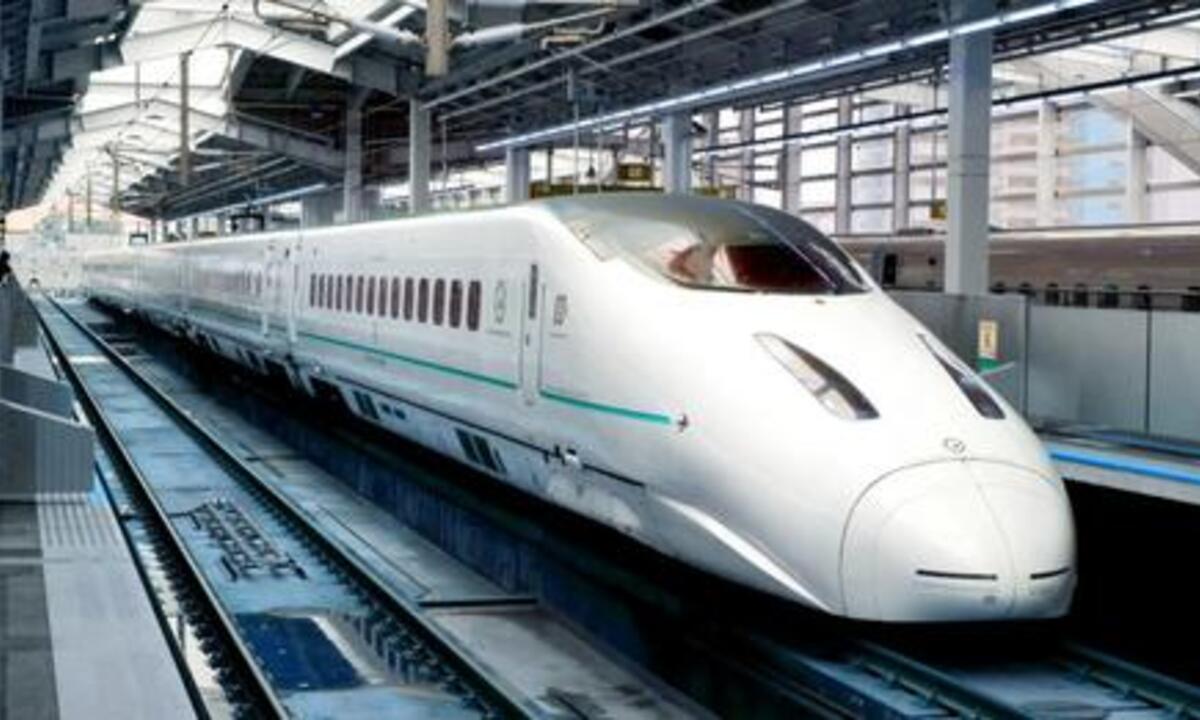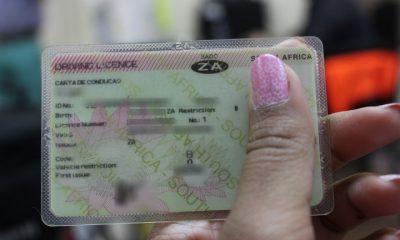News
Progress Continues on South Africa’s New High-Speed Train System

The Department of Transport has provided an update on the government’s ongoing plans to introduce high-speed train systems in the country. In response to a written parliamentary Q&A, the department confirmed that work on the high-speed rail (HSR) framework is still underway. This framework is a crucial component of the National Rail Policy, which was adopted by the cabinet in March 2022 as reported by Business Tech.
Drawing guidance from the National Rail Policy, the HSR framework establishes the basis for prioritising high-speed rail corridors throughout the country. It identifies the objectives of the HSR initiative and outlines the criteria for assessing and ranking potential corridors.
Also Read: Johannesburg Initiates Measures to Reduce Impact of Heat Island Effect
Regarding the current status of the framework, the department stated that the next step involves conducting feasibility studies on the prioritised HSR corridors. However, this progress is contingent upon obtaining necessary approvals and securing funding.
The government’s interest in high-speed trains traces back to President Cyril Ramaphosa’s 2019 State of the Nation address, where he envisioned South African cities connected by bullet trains and adorned with skyscrapers. Ramaphosa urged citizens to imagine a future where bullet trains pass through Johannesburg, Musina, and Buffalo City, revolutionising transportation.
Also Read: Insufficient Government Funding for Elderly Care Exposed in HRW Report
Despite these ambitious aspirations, South Africa’s existing rail networks have experienced significant deterioration, rendering them virtually unusable for passenger transport and severely limited for heavy haul and freight. Criminal activity and rampant theft have plagued the railway lines, leading the government to impose a ban on scrap metal exports to discourage theft. The deteriorating rail infrastructure has caused substantial economic setbacks comparable to the power crisis faced by Eskom, impeding port operations and straining alternative transportation networks such as roads.
The National Rail Policy aims to address these pressing issues. Under this policy, the Department of Transport intends to expedite investment in the rail sector, initiating a “railway renaissance” in the country by developing high-speed and heavy-haul transit capabilities. The policy also seeks to commission passenger/commuter lines in areas where the current Passenger Rail Agency of South Africa (Prasa) fails to meet demand.
Also Read: Drip Footwear Boss’s Estranged Wife Escapes Arrest Consequences
Regarding high-speed rail (HSR), the department announced plans in October 2022 to establish a framework for prioritising high-speed corridors in South Africa. This framework will consider strategic objectives, such as pairing specific cities, assessing population sizes and existing transit systems, evaluating distances, connections, and congestion levels, and forecasting passenger volumes and financial viability.
To fund these ambitious plans, the department indicated that respective spheres of government could allocate funds to rail investments based on their capabilities. Additionally, the responsible authority may seek partnerships with other interested entities to co-fund passenger services or attract private sector participation.
The government is currently finalising a strategy to allow provincial governments to assume responsibility for operating passenger rail services. The City of Cape Town recently announced that the transport department has committed to gazette a “Devolution Strategy” in 2023 to facilitate this transfer of responsibility, aligning with one of the commitments outlined in the National Rail Policy approved by the cabinet.
Also Read:
Follow us on Google News
Photo: Facebook / @BusinessTech






















